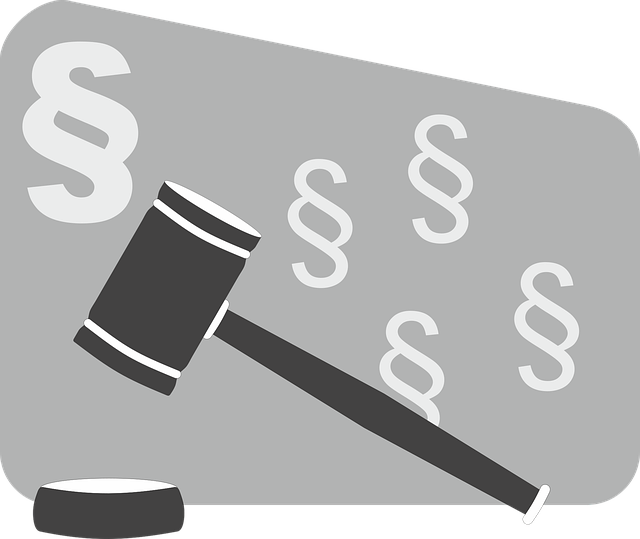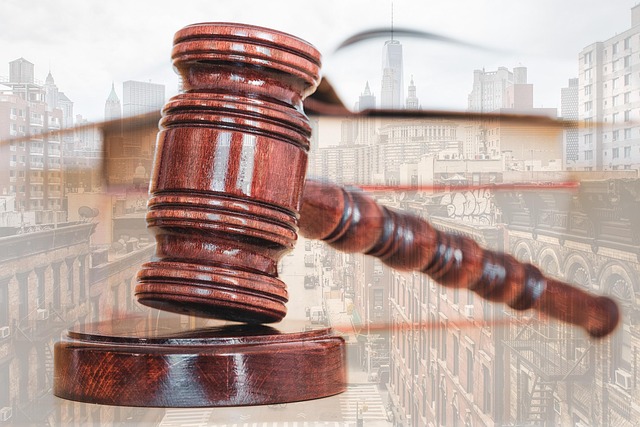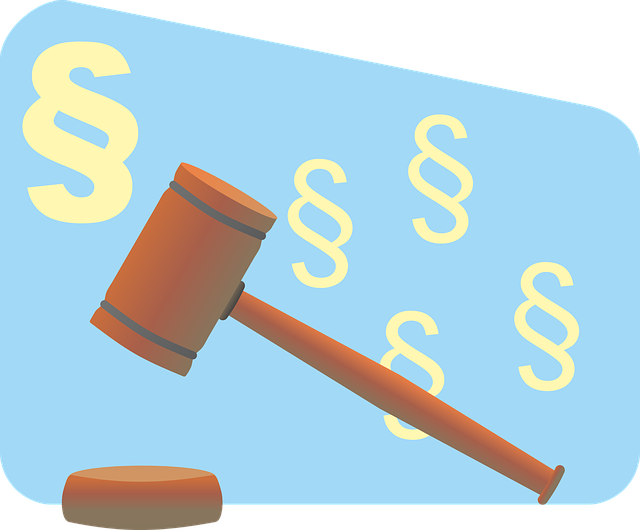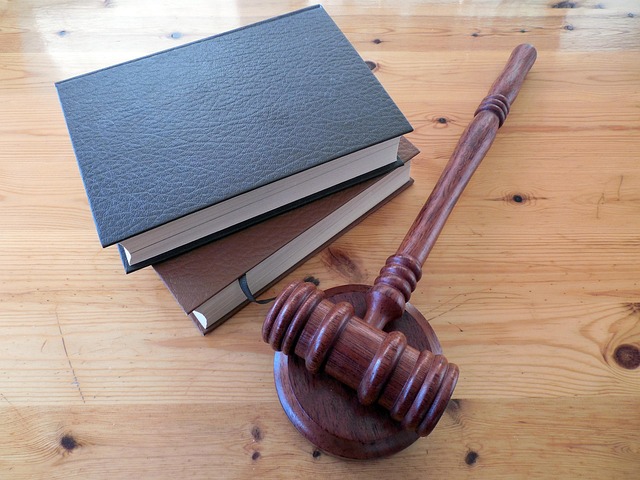A contract breach can have severe consequences, so swift action is crucial. Begin by gathering evidence, including relevant documents and records, to support your case. Consult legal counsel to determine the best approach, such as negotiation or seeking specific performance, damages, or dismissal of charges. Preserve all communications and actions taken regarding the breach. Consider alternatives like mediation or arbitration before filing a lawsuit. Choose litigation support services with expertise in post-breach strategies for a stronger defense.
Litigation Support Services play a pivotal role in navigating complex legal scenarios, especially post-contract breach. This article guides you through the critical steps to take after discovering a breach, offering insights on understanding contract violations and their legal implications. We’ll explore immediate actions, evidence documentation best practices, and how to choose the right litigation support for your case. Additionally, we’ll provide a roadmap navigating the legal system, ensuring you’re prepared following resolution.
- Understanding Contract Breach: What It Entails and Legal Implications
- Immediate Actions After Discovering a Breach
- Documenting Evidence: A Crucial Step in Litigation Process
- Selecting the Right Litigation Support Services for Your Case
- Navigating the Legal System: Steps to Take Following Contract Breach Resolution
Understanding Contract Breach: What It Entails and Legal Implications

A contract breach occurs when one party fails to fulfill their obligations as outlined in a signed agreement. This can have significant legal implications, especially in high-stakes cases, where financial and reputational damage may result. Understanding what constitutes a breach is crucial for businesses and individuals alike. Once identified, there are specific steps to take after a contract breach to mitigate potential losses and protect your rights.
If you believe a party has breached a contract, the initial step is to gather evidence of the non-compliance. This could include documents, communications, or witness statements. For his clients, it’s essential to consult with legal counsel promptly. They can provide guidance on the best course of action, whether negotiating a resolution or pursuing legal remedies such as specific performance (requiring the breaching party to fulfill their obligations) or damages to compensate for the breach. In severe cases, a complete dismissal of all charges may be sought, but this is typically reserved for when all other options have been exhausted.
Immediate Actions After Discovering a Breach

Upon discovering a breach of contract, prompt action is crucial. The initial steps involve assessing the severity of the breach and gathering relevant documentation to support your case. This may include correspondence between parties, contracts, and any evidence demonstrating the violation of agreed-upon terms. It’s essential to act swiftly as delays could impact the admissibility of evidence or limit legal options.
The goal is to mitigate damages and protect your interests. One strategy could be attempting to resolve the issue through negotiation, seeking a settlement out of court. However, if negotiations fail or the breach significantly impacts your business, preparing for potential jury trials becomes necessary. A strong legal defense, backed by solid evidence, can lead to winning challenging defense verdicts and ensuring fairness in avoiding indictment.
Documenting Evidence: A Crucial Step in Litigation Process

Documenting evidence is a vital step in the litigation process, especially when addressing issues like contract breaches. After a breach occurs, the first steps to take include preserving all relevant documents and records. This involves collecting, organizing, and storing electronic and physical evidence that could support or refute claims. It’s important to ensure these materials are not altered or destroyed during this critical phase.
A systematic approach to documenting evidence can significantly impact the outcome of a case. For both corporate and individual clients, maintaining comprehensive records is key to avoiding indictment and navigating complex legal matters. This process often requires careful attention to detail and a thorough understanding of the legal implications, which is why many turn to litigation support services for expert assistance. These services help in not only gathering evidence but also ensuring its admissibility in court.
Selecting the Right Litigation Support Services for Your Case

Selecting the right litigation support services is a crucial step after a contract breach. The first move is to assess your case’s unique needs and identify areas where external expertise can make a significant difference. Look for providers who specialize in post-breach strategies, offering services like document review, evidence analysis, and expert witness consultation. These steps are vital to building a strong defense or prosecution strategy.
Consider the reputation and experience of potential service providers. For his clients involved in jury trials or general criminal defense, it’s essential to find specialists who understand the intricacies of such cases. Evaluate their track record, client testimonials, and the depth of resources they can bring to your matter. A reputable litigation support service will enhance your case’s outcome, ensuring every detail is meticulously handled.
Navigating the Legal System: Steps to Take Following Contract Breach Resolution

Navigating the legal system following a contract breach can seem daunting, but there are clear steps to take in order to resolve the issue effectively. The first step is to thoroughly document all communications and actions taken regarding the breach. This includes sending formal notices, any negotiations, and any evidence of damages incurred due to the breach. Maintaining a detailed record is crucial for supporting your case if it escalates.
Once you’ve documented everything, assess whether mediation or arbitration might be suitable alternatives to a lengthy court battle. These processes can often lead to mutually agreeable resolutions without the need for jury trials. If settlement negotiations fail, consult with an experienced legal professional who can guide you through the process of filing a lawsuit against the respective business. The goal is to secure a complete dismissal of all charges and reach a fair outcome that compensates your business for the losses incurred due to the breach.
In conclusion, understanding and addressing a contract breach efficiently is key to mitigating legal risks. By swiftly taking immediate actions, meticulously documenting evidence, and selecting suitable litigation support services, you can navigate the complexities of the legal system effectively. Remember that each step, from recognizing the breach to resolving it, plays a vital role in achieving a favorable outcome for your case. Following these essential steps after a contract breach will ensure a strategic and informed approach to resolving disputes and moving forward.






